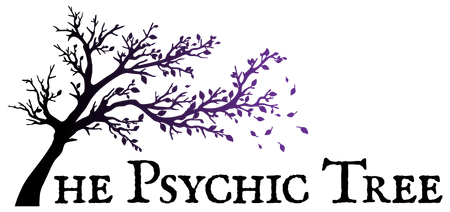Scientific Name: Cananga odorata
Scent: Floral, Fruity, Rich,
Extracted/Distilled from the: Flower
Recommended Carrier Oil: Olive, Rapeseed, Vitamin E Oil, Coconut Oil
What can It be used for:
- Alleviating Anxiety
- Aphrodisiacs
- Aromatherapy
- Boosts Positivity & Motivation
- Dietary Supplements
- Diffusers and Burners
- Headlice Treament
- Insect Repellent
- Lowering Blood Pressure
- Massage
- Perfume & Deoderant
- Promoting Relaxation
- Reducing Stress
- Relieving Inflammation
- Soap
- Steam Inhalation
- Topical Skin Treatment for Dry Skin
- Treating Brittle Hair
Side Effects Can include:
- Skin Irritation
- Allergies
- Headaches
Works Well with Other Essential Oils Such as:
- Cedarwood
- Cinnamon
- Citronella
- Cloves
- Cypress
- Ginger
- Jasmine
- Neroli
- Patchouli
- Rose
- Rosewood
How to Use Ylang Ylang Essential Oils:
Ylang Ylang has been used for many methods of treating various stress related effects such as heart rate and blood pressure, as well as mood and sleep. It is best used as a massage oil or as an aromatherapy oil with the scent being diffused in to the air either through steam or oil burners.
It is also great for the hair, especially for those with dry scalps or brittle hair, as the ylang ylang oil can help to stimulate sebum production which can reduce breakage and moisturise the scalp.
~ Ylang Ylang Hair and Skin Treatment~
- 3-6 drops Ylang Ylang Essential Oil (+3-5 for thicker or longer hair)
- 4 Tbsp Olive Oil or Coconut Oil
Mix the two ingredients together into a pot before having a shower or bath, until thoroughly stirred, then apply with a spoon or pour in small doses across the parting of the hair where the scalp is exposed. When applying, slowly massage the mixture into the scalp and roots. More can be applied to cover the entire hair if needed. Leave for 10-20 minutes, before washing off with warm water.
This can also be used to treat headlice infestation in children.
Traditional Apothecary Uses of Ylang Ylang:
Ylang Ylang has had a variety of uses as traditional herbal treatments including to treat pneumonia, gout, malaria, and as an aphrodisiac to increase sexual desire and reduce anxiety during intimacy. The effectiveness of all of these uses are entirely anecdotal and should not be considered to be factual


1 comment
Elizabeth
this is interesting as I have not every known how to use this one thank you I know you are good